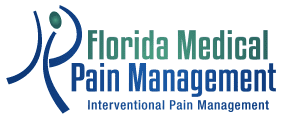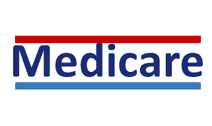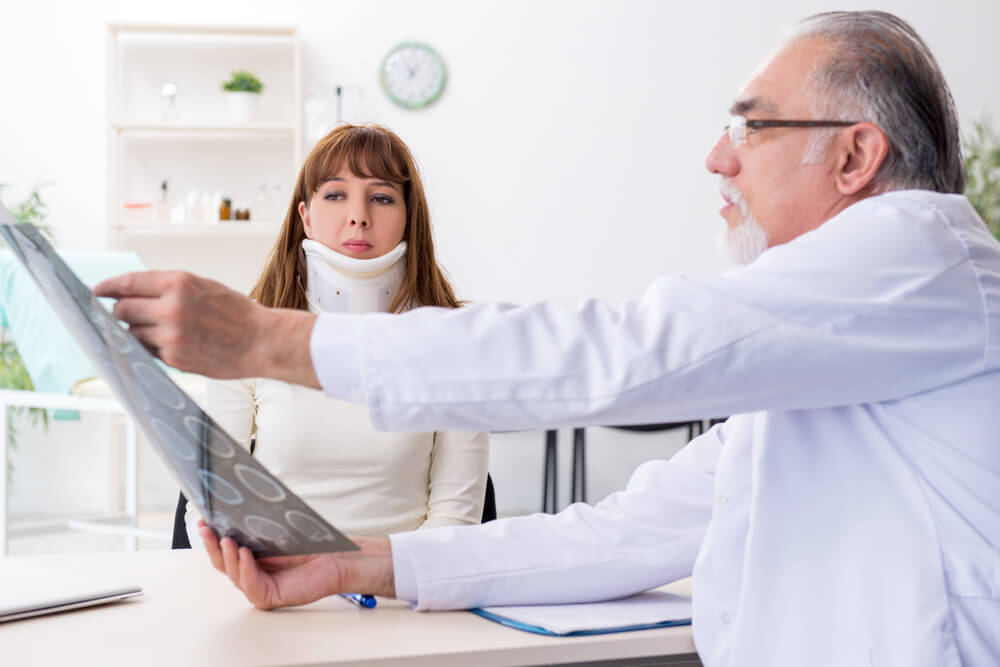
How to Deal With PTSD After Car Accident
After experiencing a car accident, the impact can extend far beyond physical injuries. One often overlooked consequence is the potential development of post-traumatic stress disorder (PTSD). PTSD can affect anyone involved in a traumatic event, and car accidents are no exception. The emotional and psychological toll of such an experience can leave lasting scars that require attention and care. Understanding the signs and symptoms of PTSD after a car accident is crucial for both you and your loved ones.
Defining Posttraumatic Stress Disorder from Car Accidents
Posttraumatic stress disorder (PTSD) is a mental disorder that can develop after exposure to a traumatic event. An estimate 3.5 million adults worldwide experience PTSD annually. While PTSD was initially associated with military veterans who had experienced combat, experts now recognize that it can affect anyone who has encountered trauma. It is essential to differentiate PTSD from the temporary difficulties individuals may face after a traumatic event, such as a car crash. PTSD is an ongoing condition that can significantly impact daily life. At the same time, temporary difficulties can improve with proper self-care practices.
Prevalence of Car Accidents as a Source of PTSD
According to the American Psychological Association, car accidents are the leading cause of non-military trauma among non-combatants. Last year, motor vehicle collisions were responsible for 1,355 male trauma incidents and 2,597 female trauma incidents, totaling 3,407 cases.
Symptoms of Posttraumatic Stress Disorder (PTSD)
Symptoms of PTSD typically emerge within days of experiencing a traumatizing event. However, they can also appear months or even years later. We group these symptoms into four distinct categories:
- Intrusive Memories: Individuals with PTSD may experience recurring traumatic memories, unwanted memories resurfacing, distressing dreams, or intense distress when reminded of the accident that caused physical or psychological harm.
- Avoidance: people with PTSD often try to avoid anything that reminds them of their trauma and may refuse to discuss it.
- Mood Changes and Negative Thoughts: people with PTSD may develop negative thoughts about themselves and others, experience difficulties with memory, struggle to maintain relationships, feel emotionally distant from loved ones, lose interest in activities they previously enjoyed, and have problems experiencing positive emotions or hopefulness for the future.
- Changes in Physical and Emotional Reactions: Those living with PTSD often experience difficulties with sleep and concentration, heightened fear responses, feelings of guilt and shame, and may engage in self-destructive behaviors such as substance abuse.
Posttraumatic stress disorder can worsen over time and may be triggered by external stresses, such as car accidents or reminders of the traumatic event.
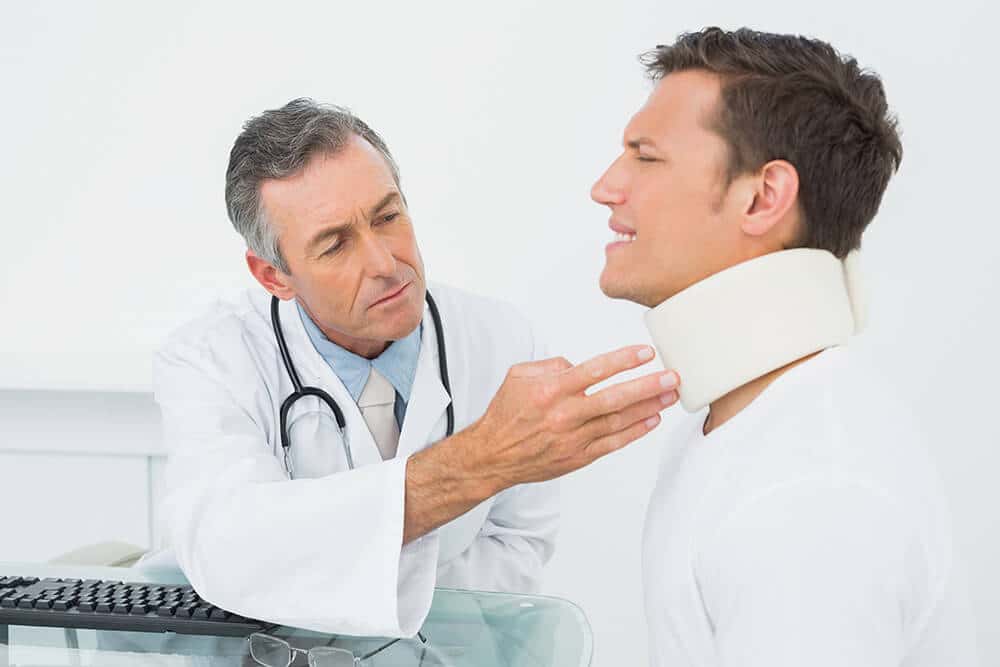
Duration of PTSD Symptoms
The duration of PTSD symptoms can vary depending on their severity and the effectiveness of treatment. Symptoms may resolve within weeks or months with appropriate intervention or persist for many years if left unaddressed.
It is crucial for individuals who have experienced car accidents and are exhibiting symptoms of PTSD to seek professional help and support to manage their condition effectively.
Remember, if you or someone you know is experiencing a mental health crisis, contact a mental health professional or a helpline in your country for immediate assistance.
Treatment of PTSD
After an auto accident, individuals diagnosed with posttraumatic stress disorder (PTSD) may undergo various forms of treatment. Some effective treatments for PTSD include:
- Cognitive Therapy: This therapy focuses on identifying and challenging negative thought patterns that hinder progress and contribute to PTSD symptoms.
- Exposure Therapy: This therapy provides a safe environment for individuals to confront and gradually desensitize themselves to the traumatic memories associated with the accident.
- Eye Movement Desensitization and Reprocessing (EMDR): This therapy combines exposure to traumatic memories with guided eye movements to help change the reactions and emotional responses associated with those memories.
- Medications: Certain medications, such as antidepressants or anti-anxiety medications, may be prescribed to manage symptoms of PTSD, including nightmares. Prazosin, specifically, may be prescribed to help control nightmares.
- Individual and Group Therapy: Both individual and group therapy can be beneficial in helping individuals with PTSD process their trauma, learn coping strategies, and receive support from others who have experienced similar challenges.
Claiming Compensation for PTSD Following a Car Accident
In some cases, it may be possible to seek compensation for posttraumatic stress disorder (PTSD) resulting from a car accident. To make a successful claim, victims need to consider several factors:
- Negligence: It must be demonstrated that the car accident occurred due to the negligence of another party, who exhibited more negligence than usual and caused the crash.
- Development of PTSD: It is necessary to show that the car accident directly led to the development of posttraumatic stress disorder.
- Impact on Life: Evidence, such as medical reports or documentation of the personal impact of PTSD, is crucial in demonstrating the extent to which PTSD has affected an individual’s life.
The compensation that can be sought for PTSD symptoms following a car accident depends on various factors, including the severity of the condition, the associated medical costs, income losses, pain and suffering, emotional distress, therapy costs, and other related factors.
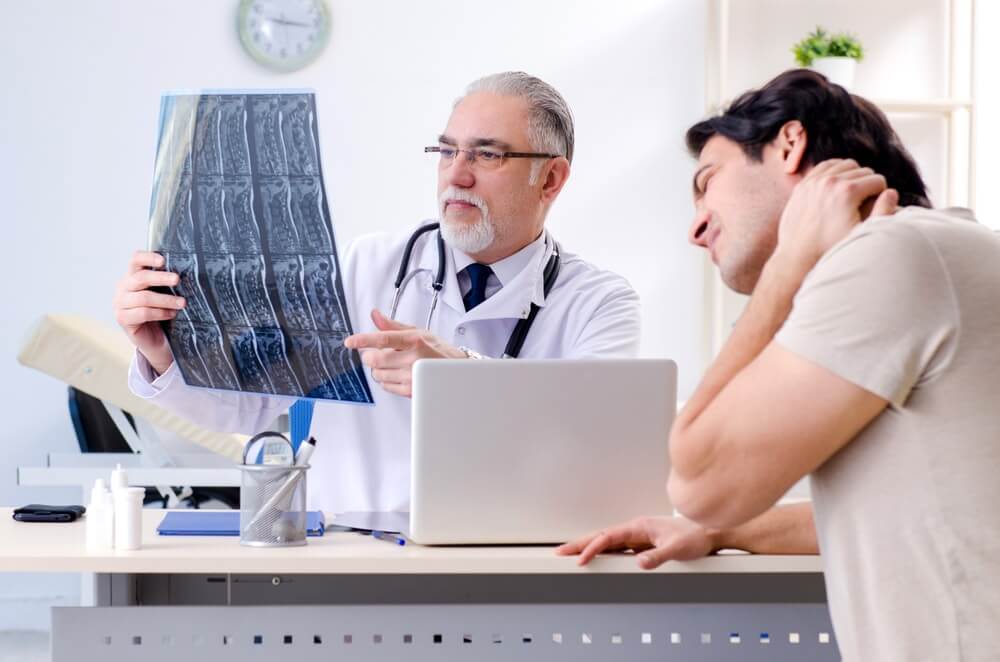
Book Your Appointment Today
Don’t let a car accident hold you back from living your best life. Turn to the trusted car accident doctors at Florida Medical Pain Management. Our dedicated team specializes in providing comprehensive medical care and pain management solutions for accident victims. From diagnosing and treating injuries to developing personalized recovery plans, we are here to support you every step of the way. Contact us today and let us be your partner in healing after a car accident.
Our Treatment Services
Florida Medical Pain Management’s top priority is serving our patients’ needs and creating long-lasting relationships with them. Our treatments include:
- Treatment for Neuropathy
- Arthritis Management
- Back Pain Medication
- Chronic Pain Treatments
- PRP Injections
- Epidural Injection
- Regenerative Medicine
- Hip Pain Medication
- Ketamine Infusion Therapy
We want to help patients live more fulfilling and productive lives by effectively managing their pain. Florida Medical Pain Management also provides home therapy and many more. Click here to see our other services.
